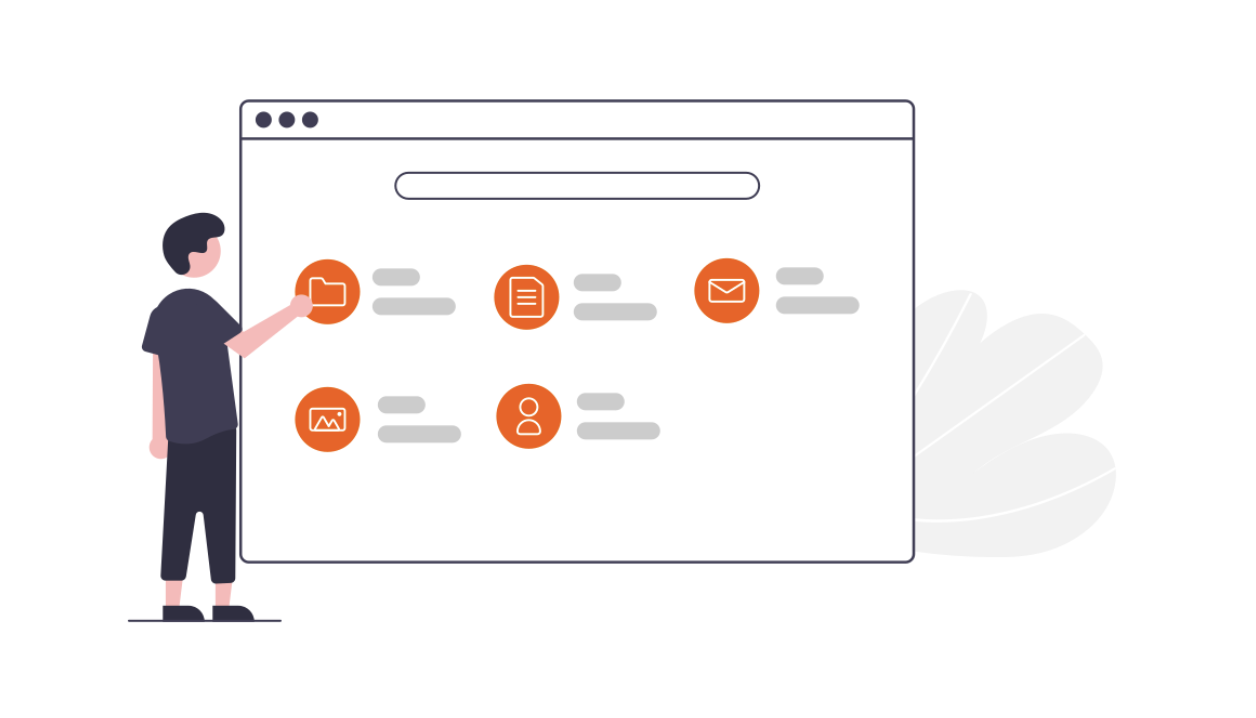Universal Design for Learning (UDL) is for EVERYONE
As we discussed in the previous post, in the pre-pandemic world, most leaders and employees believed that training and growth programs were important to the future of their organizations and careers.
Now, the need for effective training programs to develop new skills is more important than ever.
In the past, many organizations “training” programs failed to deliver any real training (practice with feedback). Instead, these programs were limited to PowerPoint slides with recorded voice overs and multiple-choice quizzes. Few people (especially the “participants”) expected any real behavior change, much less new skills or results of their application.
Many leaders believed that providing information (and maybe a quiz) was enough. Investing in a Learning Management System was often another “necessary evil” for tracking checkboxes on compliance requirements (“Really, can’t we just use Excel?”).
Where we can we find inspiration for better design?
A lot of places.
What can we learn about design from potatoes?
Well, potato peelers.
One day, ten-year-old me was sitting at my parents’ dining table peeling a huge pile of potatoes with a vegetable peeler. The peeler’s design was simple and straight forward, but a challenge for small hands. Even with a stern warning from my mother (“Be careful with that peeler – you’ll cut yourself!”), I inadvertently peeled off the upper part of my index finger. Decades later, I still have a scar on that finger and an irrational fear of potatoes.
OXO vegetable peeler with wide plastic grip
In the early 1990s, the OXO vegetable peeler was unveiled. The design was based on the conventional vegetable peeler, save one defining feature: A wider handle, creating a more stable grip for the human hand to grasp onto. The founder of OXO, Sam Garber, developed the idea for the improved design:
Noticing that his wife, Betsy, who suffered from mild arthritis in her hands, was having difficulty gripping ordinary kitchen tools, he saw an opportunity to create more comfortable cooking tools that would benefit users. In 1990, the first group of 15 OXO Good Grips kitchen tools were introduced to the U.S. market at the Gourmet Products Show in San Francisco, California, in 1990.
This simple design has made vegetable preparation more appealing to a much broader clientele than just people with arthritis. Garber’s wide-gripped peeler, an eloquent solution to a particular problem experienced by a relatively narrow segment of the general public – that is, people, like his wife, who encountered difficulties peeling vegetables due to arthritis in their hands – found popularity amongst the non-arthritic community.
As it turns out, having a wider grip on a vegetable peeler was a highly desirable feature for reasons that didn’t have commonality with Betsy Gardner’s condition. By creating a vegetable peeler to accommodate his wife’s needs, Sam Garber’s design demonstrates one way in which Universal Design can influence improvements to a kitchen gadget found in nearly every home. Today, the OXO vegetable peeler remains a top-selling product for the company and an example of how excellence in design impacts us all.
Universal Design helps us rethink the real priorities of learning when we need it most
The world has changed. Most leaders today recognize the importance of investing in more complete training programs that go beyond comprehension to lasting behavior change or skill development. They are less willing to accept invented measures of success (“butts in seats” and “cost per training hour”) and want to see return on investment that leads to a more future-ready organization.
To provide these robust programs and achieve these results, the Learning Management Systems need to provide functionality that goes far beyond “management” (compliance) to facilitate “learning” for real engagement and skills mastery. And it needs to be built with Universal Design for Learning (UDL) to ensure the system is accessible to everyone. Including designers who want to create rich programs without having to go through a huge learning curve.
YesLMS uses Universal Design for Learning (UDL) to support EVERYONE on your team
We built YesLMS to serve organizations who want a REAL Learning Management System to help their teams develop the skills and confidence to navigate an uncertain future.
Your YesLMS platform is fully cloud-based, flexible, easy to use and created to deliver equal educational opportunities to every learner and help you bridge the gap between face-to-face and remote learning.
Contact us to learn how you can make your Learning Management System work for you.




